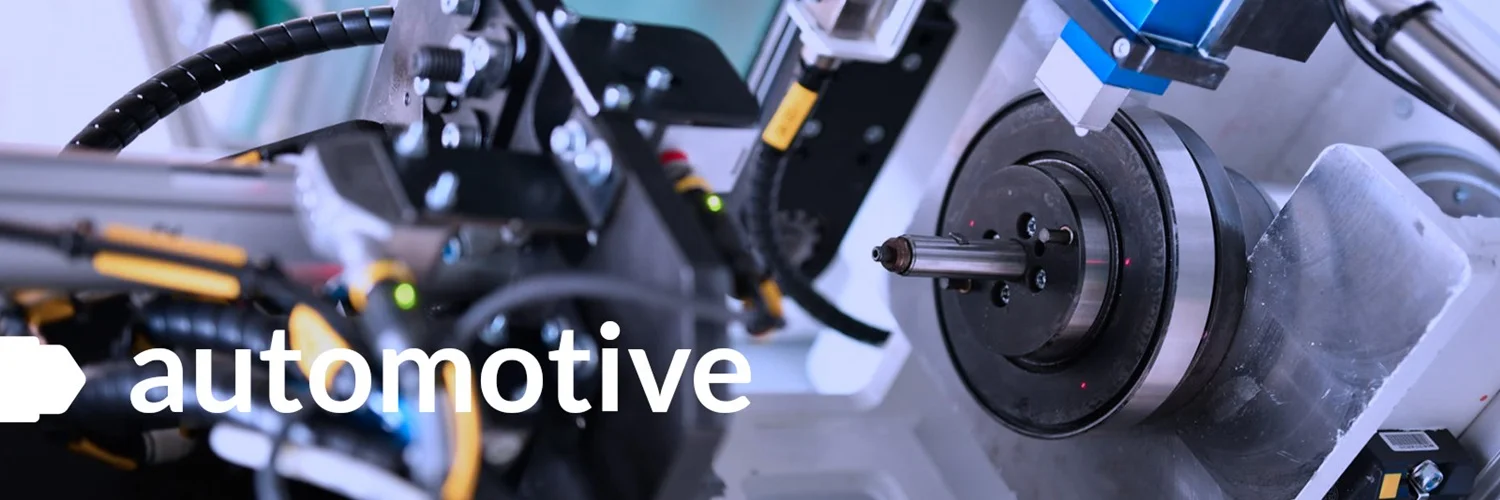In the pursuit of a more sustainable future, industries around the globe are increasingly turning to automation technologies to minimize environmental impact while maximizing efficiency. This shift is particularly evident in manufacturing, where Automation Experts are playing a crucial role in driving innovations that promote greener practices. From reducing energy consumption to optimizing resource utilization, automation is revolutionizing the way products are made while aligning with global sustainability goals.
The Rise of Sustainable Manufacturing
Sustainable manufacturing aims to minimize waste, conserve energy, and reduce the environmental footprint of industrial operations. It encompasses practices that prioritize environmental stewardship without compromising productivity or profitability. Automation technologies have emerged as a cornerstone of sustainable manufacturing by enabling precise control over production processes and resource management.
Automation Technologies Driving Sustainability
Automation Experts are at the forefront of integrating advanced technologies that contribute to greener practices in manufacturing. Here are some key ways automation is making a difference:
1. Energy-efficient Production Processes
Automation systems optimize energy consumption by regulating equipment usage based on real-time demand and production schedules. Smart sensors and IoT-enabled devices monitor energy usage patterns, allowing manufacturers to identify and address inefficiencies promptly. Automation Experts specialize in designing and implementing energy management systems that minimize power wastage without compromising production output.
2. Waste Reduction and Recycling
Robotics plays a pivotal role in waste reduction through precise material handling and recycling initiatives. Automated systems can sort and process recyclable materials with high accuracy, ensuring that waste materials are diverted from landfills and repurposed efficiently. Automation Experts develop robotic solutions that streamline recycling processes, contributing to circular economy practices where materials are reused, reducing the need for raw material extraction.
3. Optimization of Supply Chain Logistics
Automation technologies optimize supply chain logistics by improving inventory management and transportation efficiency. AI-driven algorithms forecast demand patterns and optimize routing, reducing the carbon footprint associated with transportation and distribution. Automation Experts leverage data analytics and machine learning to create predictive models that enhance supply chain visibility and responsiveness, minimizing waste and environmental impact.
4. Precision Agriculture and Sustainable Practices
In agriculture, automation technologies such as autonomous tractors and precision farming systems promote sustainable practices by optimizing water usage, reducing chemical inputs, and maximizing crop yields. These technologies enable farmers to monitor soil conditions, pest infestations, and crop health with precision, allowing for targeted interventions that minimize environmental impact. Automation Experts collaborate with agronomists and agricultural engineers to develop automated solutions that support sustainable farming practices, ensuring food security while conserving natural resources.
5. Lifecycle Management and Product Design
Automation contributes to sustainable manufacturing by extending product lifecycles through efficient maintenance and repair strategies. Predictive maintenance technologies monitor equipment performance in real-time, allowing for proactive interventions that prevent breakdowns and extend machinery lifespan. Additionally, Automation Experts integrate lifecycle assessment tools into product design processes, evaluating environmental impacts from conception to disposal and optimizing designs for durability and recyclability.
Innovations in Green Automation
Looking ahead, the future of automation in sustainable manufacturing promises further innovations and advancements. Emerging technologies such as additive manufacturing (3D printing) enable on-demand production with minimal material waste, revolutionizing prototyping and small-batch manufacturing. Robotics combined with AI will continue to enhance adaptive manufacturing processes, where production systems autonomously adjust to optimize resource efficiency and minimize environmental footprint.
Collaboration for a Sustainable Future
The journey towards sustainable manufacturing requires collaboration among Automation Experts, industry stakeholders, policymakers, and environmental advocates. By fostering partnerships and sharing best practices, manufacturers can accelerate the adoption of green automation technologies and drive collective progress towards sustainability goals.
Conclusion
In conclusion, automation technologies are instrumental in transforming manufacturing into a sustainable industry. By leveraging robotics, AI, IoT, and advanced analytics, Automation Experts are enabling manufacturers to achieve higher levels of efficiency, reduce waste, and mitigate environmental impact. Sustainable manufacturing practices not only benefit the planet but also enhance operational resilience and profitability for businesses.
As automation continues to evolve, its role in promoting greener practices will become increasingly vital. By embracing innovation and committing to sustainable development, manufacturers can lead the way towards a more environmentally responsible future while meeting the demands of a growing global economy.

